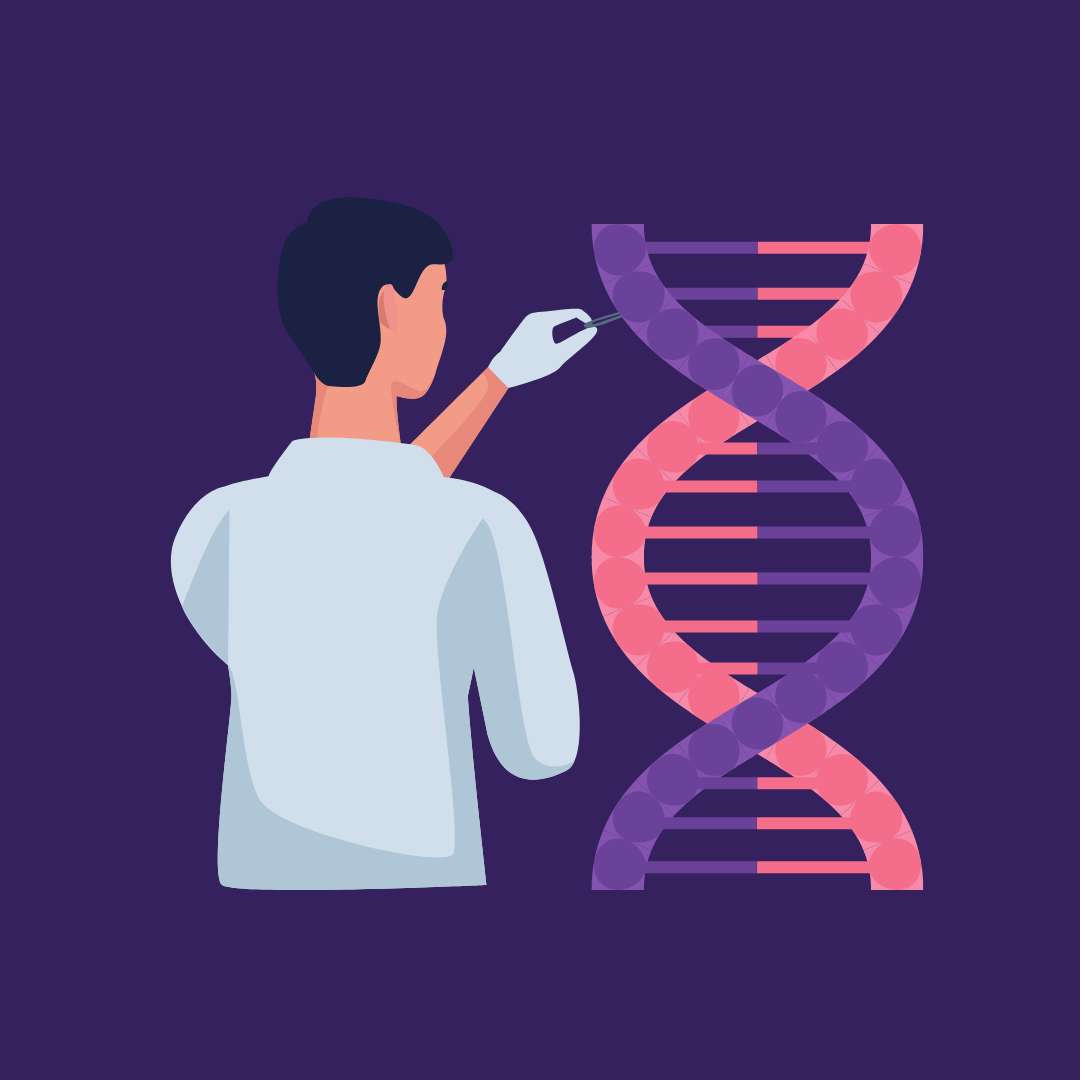Super-precise CRISPR tool enters US clinical trials for the first time
By Heidi Ledford,
Nature
| 09. 18. 2023
A high-precision successor to CRISPR genome editing has reached a milestone: the technique, called base editing, has made its US debut in a clinical trial. The trial tests more complex genome edits than those performed in humans so far.
Trial organizers announced on 5 September that the first participant had been treated using immune cells with four base-edited genes, equipping the cells to better target and destroy tumours. The hope is that the approach can tame trial participants’ difficult-to-treat form of leukaemia and serve as a gateway to more complex edits in the future.
“There are things still to be built into these cells to make them easier to use and persist longer,” says Waseem Qasim, a paediatric immunologist at the University College London Great Ormond Street Institute of Child Health. “And with so many groups working on it, things will get incrementally better.”
It’s been a strikingly quick evolution from the first reports of base editing in 2016 to clinical trials, but the CRISPR field has never been one to dawdle. And while researchers develop ever more...
Related Articles
By Diaa Hadid and Shweta Desai, NPR | 01.29.2026
MUMBRA, India — The afternoon sun shines on the woman in a commuter-town café, highlighting her almond-shaped eyes and pale skin, a look often sought after by couples who need an egg to have a baby.
"I have good eggs,"...
By George Janes, BioNews | 01.12.2026
A heart attack patient has become the first person to be treated in a clinical trial of an experimental gene therapy, which aims to strengthen blood vessels after coronary bypass surgery.
Coronary artery bypass surgery is performed to treat...
By Staff, ScienceDaily | 01.05.2026
Scientists at UNSW Sydney have developed a new form of CRISPR technology that could make gene therapy safer while also resolving a decades-long debate about how genes are switched off. The research shows that small chemical markers attached to DNA
...
Following a long-standing CGS tradition, we present a selection of our favorite Biopolitical Times posts of the past year.
In 2025, we published up to four posts every month, written by 12 authors (staff, consultants and allies), some in collaboration and one simply credited to CGS.
These titles are presented in chronological order, except for three In Memoriam notices, which follow. Many more posts that are worth your time can be found in the archive. Scroll down and “VIEW...




